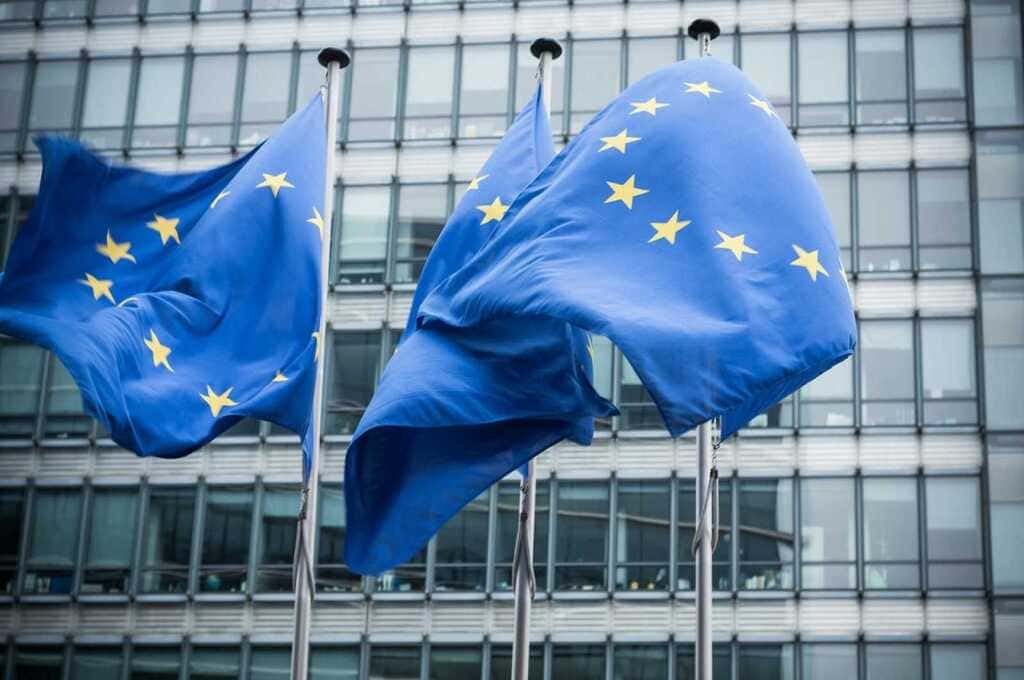Introduction
The digital sector has undergone several major changes in the 20 years since it was first addressed by the e-commerce directive of 8 June 2000. This directive is important in that it represents the European legislator’s very first grasp of digital services and the issues surrounding them.
All subsequent European legislation applying to digital players and the digital market is based on this directive.
The major digital platforms
The major digital platforms that are hegemonic today are mostly less than 20 years old. In the case of social networks, Facebook dates back to 2004, Twitter to 2006, Instagram to 2010 and Tiktok to 2016, while Youtube, a content-sharing platform, dates back to 2005.
These platforms have considerable advantages and benefits, since they are, among other things, a means of encouraging the exercise of freedom of expression, but they also contribute greatly to the dissemination of illegal content. What’s more, they are the source of numerous anti-competitive practices that take the form of abuse of a dominant position. The e-commerce directive was totally inadequate and outdated for regulating the major digital platforms.
“Platform to Business“
Regulation.
In order to rebalance the relationship between the major digital platforms and user businesses, the “Platform to Business” regulation came into force on 12 July 2020 and aims in particular to create a legislative framework to protect user businesses and control the major digital platforms more closely. It has a very narrow scope, applying to all online platforms and search engines, regardless of size or market position.
Some EU Member States, such as France and Germany, have already taken steps to regulate the operation of large digital platforms. However, given the essentially cross-border nature and scope of these platforms, a harmonised European response was needed, in particular to resolve the problem of the fragmentation of Member States’ rights. This is why the European legislator wanted to provide a framework for their activities through the DSA and DMA regulations.
The DSA and DMA Regulations
This European response materialised through the DSA and DMA Regulations, the drafting of which was based on the Commission’s communication of 19 February 2020 (COM 2020/67) entitled: “Shaping Europe’s digital future“.
The regulations were adopted as part of the second Digital Agenda for Europe (Europe’s Digital Agenda for 2020/2030), which aims to create a safer and more open digital market to protect users’ fundamental rights and create a level playing field for businesses.
- The DSA Regulation
The DSA Regulation, succeeds the rules established by the e-commerce directive. It came into force in part on 16 November 2022 and will apply in full from 17 February 2024. At present, the regulation therefore applies to this category of intermediary service provider (ISP).
The DSA Regulation must necessarily be coordinated with other sectoral legislation. Its primary objective is to combat illegal content disseminated by intermediary service providers (ISPs) in order to “make the Internet a safe and transparent environment”. The aim is to make the prohibition of online content effective by directly involving ISPs.
To combat the shortcomings, the DSA regulation strengthens the duty of moderation and imposes transparency obligations in order to combat the information asymmetry between ISPs and users and the opacity of these services. Users are often unaware of how the service operates or what personal data is used to provide the service.
The DSA regulation also specifically targets large online platforms (LOPs) and very large search engines (VSEs), imposing a host of obligations tailored to their status.
- The DMA Regulation
The DMA Regulation (Regulation 2022/1925 on contestable and fair markets in the digital sector), it has been applicable since 2 March 2023 and applies only to gatekeepers that are exclusively large digital platforms, i.e. those that “have a strong impact on the internal market, are an important access point for business users to reach their customers, and have or will have in the foreseeable future a strong and sustainable position“.
Its aim is to restore fairness and contestability to digital markets and fairness for the benefit of end-user businesses and consumers. However, because of the requirements and obligations imposed by the regulation, some observers see it as a brake on the economy, innovation and development of businesses and the digital sector.
Conclusions
The DSA Regulation and the DMA Regulation reflect the European Union’s commitment to creating a more ethical, secure and competitive digital environment for citizens and businesses. The success of these regulations will depend on their effective implementation and adaptation to the rapid changes in the digital sector, while respecting the fundamental principles of innovation and the protection of human rights online.
At Navas & Cusí, with lawyers specialising in European Union law and new technologies, we will keep you informed of the consequences and legal developments related to this regulation, accompanying you throughout the adaptation process and always respecting your rights



